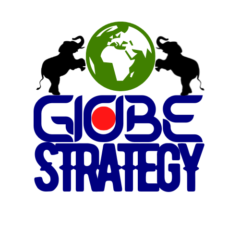One of the key decisions after making a decision to go global is finding an attractive best fit market based on a firm’s situational analysis.
This article looks at several resources that can be useful in country screening.
1. A Step-by-Step Approach to Market Research provided by the US govt.
2. A case study /dissertation of Market entry strategy for a Finnish International New Venture to the German marke.
3. Market Potential Index (MPI) indexing study is conducted by the Michigan State University — International Business Center to help companies compare prospect markets on several dimensions.
4.Andrew Harrison’s Lecture Programme delivered at the Technical University of Košice.
5.An analysis of American’ multinationals foreign market entry strategies in the European Union agribusiness context.
6. A KPMG briefing document on Developing a Market Entry Strategy for Poland.
7.Foreign Market Entry Strategies of Japanese MNCs
8.Analysing Foreign Market Entry: The Choice between Greenfield Investment and Acquisitions.
9.Four entry strategies for small and midsized companies into Emerging Markets.
10. A PwC briefing document Market entry and growth in China.
11. A KPMG Briefing document on Market Entry Strategy in India.
12.Russian multinationals: entry strategies and post- entry operations
13. Vietnam Market Entry
